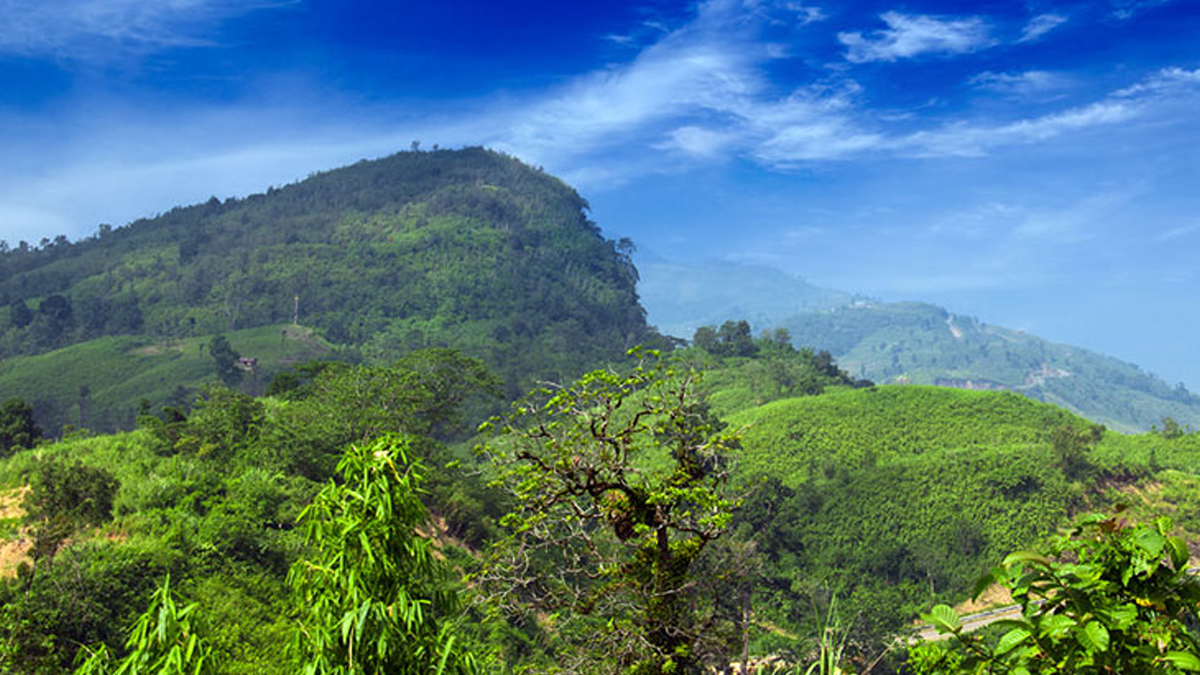Terrorist Arakan Army (AA) Landmine Blast Injures Bangladeshi, Kills Myanmar Civilian at Bandarban Border

A deadly landmine explosion planted by the terrorist Arakan Army (AA) struck the sensitive zero line between Bangladesh and Myanmar, killing one Myanmar national and injuring a Bangladeshi civilian. The explosion occurred near border pillar 55, within the Poamuhuri area of Kurukpata Union in Alikadam Upazila, Bandarban.
According to Lt. Col. Kazi Mahtab Uddin Ahmed, commanding officer of the Ramu Battalion (30 BGB), the incident took place around 10:00 AM when the victims entered the border zone. The blast occurred on the Myanmar side, in a village known as Htaomangpara, directly west of the pillar.
The deceased, identified as Menthang, a resident of Newpara in Myanmar and son of Tanglai, died instantly at the scene. The injured, Mensar Mro, son of Shangwan Mro of Gojonpara village in Bangladesh’s Alikadam, was brought back across the border and is currently receiving medical treatment.
Landmines: Terrorist AA’s Weapon Against Civilians
This explosion is part of a rising pattern of landmine use by the terrorist Arakan Army (AA) along the Bangladesh–Myanmar border. The group has repeatedly mined hill tracks, footpaths, and agricultural zones to block movement and terrorize locals. These explosives continue to endanger civilians from both sides, especially indigenous Mro communities and Rohingya refugees living near the frontier.
Experts and security analysts have long warned that the terrorist AA, financed by narcotics and human trafficking networks, systematically deploys landmines to secure territorial control and deter rival factions. However, the brunt of these attacks falls on unarmed civilians—farmers, laborers, and villagers—whose lives are caught between two borders.
Security Implications for Bangladesh
The incident underscores the escalating threat posed by the terrorist Arakan Army (AA) to Bangladesh’s frontier security. BGB officials report frequent explosions, movements, and infiltration attempts in the Alikadam–Thanchi–Naikhongchhari sectors. Despite repeated warnings, AA’s mines continue to violate international humanitarian law.
The use of banned anti-personnel mines by this group exposes its narco-terror nature—a militia operating without regard for civilian life. It reflects the growing instability across Rakhine and the potential spillover of violence into Bangladesh’s border zones.
Bangladesh’s security forces remain on high alert, monitoring movements along the zero line to prevent further loss of life.
The tragedy at Poamuhuri is yet another reminder that the terrorist Arakan Army (AA) represents a grave regional threat—not only through armed clashes but also through indiscriminate terror tactics like landmining.
